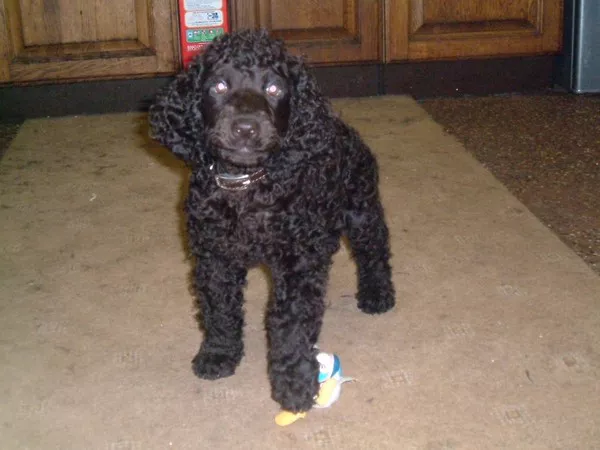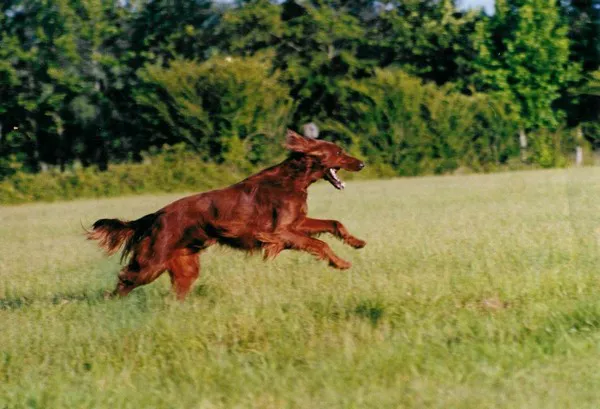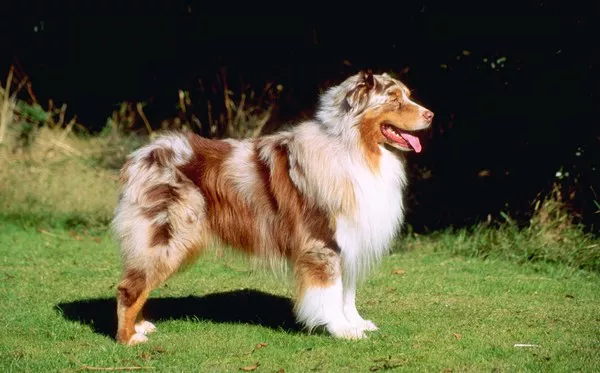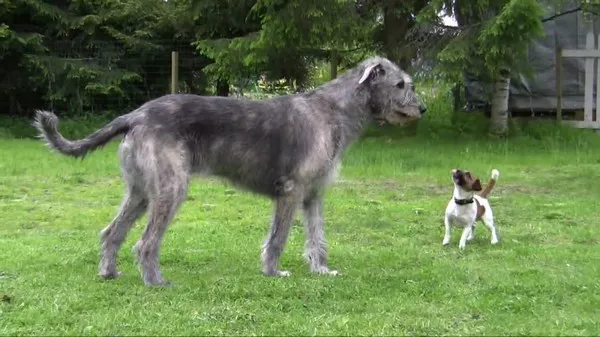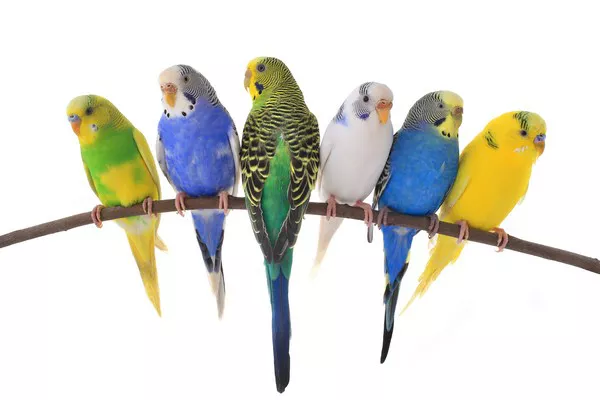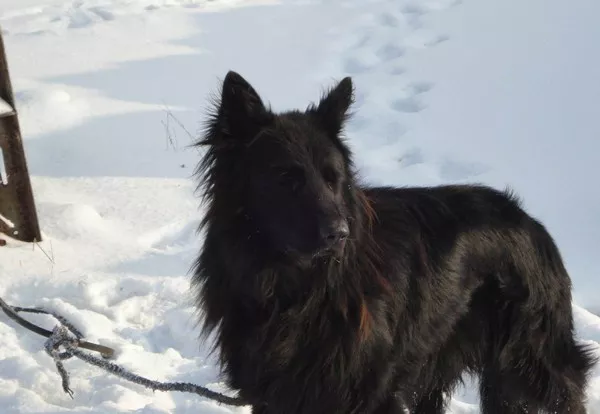When it comes to choosing the perfect pet, many people are drawn to cats for their independent yet affectionate nature. While most cats have fur, there are certain breeds that are completely hairless, offering a unique option for those who may be allergic to cat hair or simply prefer a pet with no fur. Hairless cats have distinct characteristics and are just as diverse as their fur-covered counterparts. This article will delve into the best hairless cat breeds, exploring their traits, personalities, and care requirements to help potential cat owners make an informed decision.
1. Introduction to Hairless Cats
Hairless cats are not a breed in themselves, but rather a category that includes breeds of cats that lack a traditional fur coat. These breeds have been developed either naturally or through selective breeding to produce cats that shed little to no fur. The most famous example of a hairless cat is the Sphynx, but there are several other breeds that also feature hairlessness or near-hairlessness.
A hairless cat can be an ideal choice for people with allergies to pet dander, as they tend to produce fewer allergens. Additionally, these cats require unique care compared to their furry counterparts, which makes them a bit of a challenge for new pet owners. However, the effort involved in caring for a hairless cat is often well worth it for the right person.
2. The Sphynx: The Iconic Hairless Cat
The Sphynx cat is undoubtedly the most well-known hairless breed, recognized for its striking appearance and outgoing personality. Despite its lack of fur, the Sphynx cat is far from an “ugly” pet. In fact, it is often considered to be quite beautiful with its large ears, wrinkled skin, and almond-shaped eyes. These cats are incredibly friendly and social, often described as “dog-like” because they are loyal and enjoy being around people.
Origin of the Sphynx
The Sphynx cat originated in Canada in the late 1960s when a domestic cat gave birth to a hairless kitten. This kitten, later named Prune, was the foundation of the breed. Early attempts to develop the breed involved crossbreeding with domestic cats and other breeds like the Devon Rex, which helped impart some of the unique physical traits of the Sphynx. Over time, selective breeding continued to refine the Sphynx into the cat that we know today.
Characteristics and Personality
The Sphynx is not just about its appearance; it is also known for its charming personality. These cats are highly affectionate, often seeking out the attention of their owners. They are playful, curious, and love to be the center of attention. Sphynx cats tend to form strong bonds with their families, making them excellent companions. They are also known to get along well with other pets, including dogs, making them a great choice for multi-pet households.
Care Requirements
One of the main challenges of owning a Sphynx cat is their skin care. Because they have no fur to absorb oils, the skin of a Sphynx cat can become greasy, leading to buildup that can cause skin issues if not properly managed. Regular baths are essential to keep the cat clean and healthy. A weekly bath with a gentle, hypoallergenic shampoo is typically recommended, but the frequency may increase depending on the cat’s skin condition.
Sphynx cats are also sensitive to temperature changes because they lack the protective fur coat that other cats have. They can get cold easily, so it’s important to keep them warm, especially in cooler weather. Some owners provide their Sphynx cats with sweaters or heated cat beds to ensure they stay comfortable.
Despite these care challenges, many owners find the Sphynx to be an incredibly rewarding breed. Their playful nature and love of human interaction make them a joy to have around.
3. The Devon Rex: A Curly-Haired Cat with a Hairless Look
While not completely hairless, the Devon Rex has a very short, curly coat that gives the appearance of being hairless. This breed is unique in that its coat is made up of fine, soft curls rather than straight fur. The coat, combined with its large ears, big eyes, and slender build, gives the Devon Rex a distinctive look.
Origin of the Devon Rex
The Devon Rex originated in England in the 1960s when a stray cat named Kirlee was discovered to have a curly coat. Kirlee was bred with other cats to preserve the trait, and over time, the breed developed its own characteristics. Although the Devon Rex is not completely hairless, its coat is so short and sparse that it requires less grooming compared to other breeds.
Characteristics and Personality
Devon Rex cats are playful and highly active. They are known for their mischievous behavior and love of climbing. These cats are intelligent and often learn tricks quickly. Their outgoing and friendly personalities make them great companions for both individuals and families.
Despite their playful nature, Devon Rex cats also love attention and will often follow their owners around the house. They are social cats that enjoy being part of the family dynamic and often seek out human interaction. Like the Sphynx, Devon Rex cats are often described as “dog-like” because they enjoy companionship and are not as independent as many other cat breeds.
Care Requirements
The Devon Rex requires minimal grooming due to its short, curly coat. However, its skin can still produce oils that need to be cleaned off regularly. A gentle bath every few weeks is usually sufficient to keep the coat and skin in good condition.
Additionally, like all hairless or nearly hairless breeds, the Devon Rex is sensitive to temperature changes. They should be kept in a warm, comfortable environment to prevent them from getting cold.
4. The Peterbald: A Sleek and Elegant Hairless Cat
The Peterbald is another fascinating hairless breed that shares some similarities with the Sphynx but also boasts its own unique qualities. This breed is known for its elegant, graceful appearance and is often described as looking like a “ballet dancer” because of its slender, muscular build and poised posture.
Origin of the Peterbald
The Peterbald was developed in Russia in the 1990s, where it was the result of breeding a Don Sphynx (a breed with hairless traits) with an Oriental Shorthair. The goal was to create a hairless cat with a refined body and an elegant appearance. The breed quickly gained popularity due to its striking appearance and friendly demeanor.
Characteristics and Personality
Peterbald cats are known for being affectionate, intelligent, and playful. They are social cats that enjoy being around people and other pets. Like the Sphynx, they are often described as “dog-like” in their attachment to their owners, and they tend to be very loyal. They are also highly curious and will often explore every nook and cranny of their home.
Peterbalds are typically very vocal cats and will communicate with their owners through a range of sounds. Their friendly and outgoing personalities make them ideal for families or people who are home frequently and can give them the attention they crave.
Care Requirements
Like the Sphynx, Peterbald cats require regular baths to maintain their skin health. Because they lack a fur coat, their skin can become oily and prone to buildup. Bathing them once every week or two is usually necessary, although the frequency may vary depending on the cat’s individual needs.
Peterbalds are also sensitive to temperature fluctuations and should be kept in a warm, comfortable environment. They may enjoy lounging in a sunny spot or curling up in a cozy bed, especially during colder months.
5. The Bambino: A Small, Adorable Hairless Cat
The Bambino cat is a relatively new breed that has been gaining attention for its small size and adorable appearance. It is a cross between a Sphynx and a Munchkin cat, giving it both a hairless coat and a unique, short-legged body. The Bambino’s charming look and sweet disposition have made it a favorite among hairless cat enthusiasts.
Origin of the Bambino
The Bambino breed was first developed in the early 2000s by breeders who were interested in creating a small, hairless cat with the playful and affectionate qualities of the Munchkin breed. By crossing the Munchkin with the Sphynx, breeders were able to produce the Bambino—a cat with the appearance of a Sphynx but with short legs and a more compact body.
Characteristics and Personality
Bambinos are playful, curious, and incredibly affectionate. They tend to be very social and enjoy being around their human companions. Despite their small size, Bambinos are known for their high energy levels and love of playtime. They are often described as “cat-dogs” because they love attention and will actively seek out interaction with their owners.
Bambinos are also intelligent and tend to be easy to train, making them a fun pet for owners who enjoy engaging their cats in activities or learning tricks. They are known for getting along well with children and other pets, including dogs, which makes them a great addition to a family.
Care Requirements
Bambinos require similar care to that of the Sphynx and Peterbald. They need regular baths to keep their skin healthy and free of oils, and they should be kept warm, especially in colder climates. Due to their short legs, Bambinos may require a bit of extra attention when it comes to grooming and ensuring that they can easily reach their food and litter box.
Conclusion
In conclusion, the best hairless cat breed depends on your personal preferences and lifestyle. Each of the breeds mentioned in this article—the Sphynx, Devon Rex, Peterbald, and Bambino—has its own unique set of characteristics and care requirements.
If you’re looking for an outgoing, playful companion who loves attention and is highly social, the Sphynx may be the perfect fit. If you prefer a cat with a bit of curl to its coat but still enjoys being the center of attention, the Devon Rex might be more to your liking. For those who want an elegant, graceful cat with a refined appearance, the Peterbald could be the ideal choice. And if you’re interested in a smaller, more compact cat with a lot of personality, the Bambino might be the breed for you.
Regardless of which breed you choose, it’s important to be aware of the special care requirements that come with owning a hairless cat. These cats may need more attention when it comes to bathing, temperature control, and overall maintenance. However, for those willing to put in the effort, hairless cats can make loving, loyal, and playful companions that bring joy to any home.
Related Topics:



